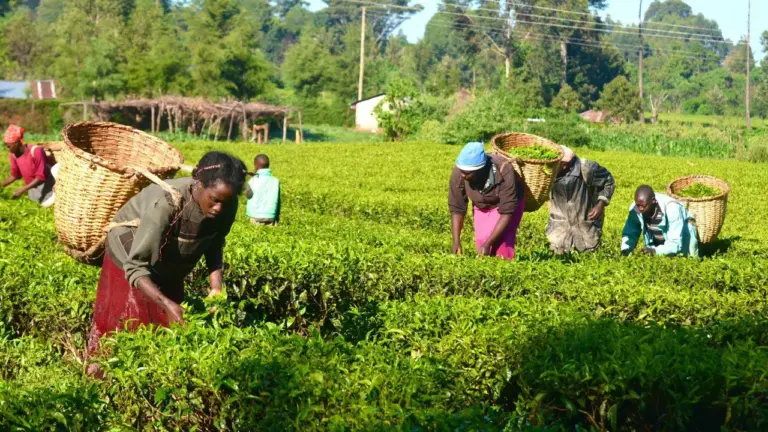The Federal Government is rolling out a new wave of economic support designed to strengthen smallholder farmers and micro-businesses across Nigeria. By the end of 2025, beneficiaries will begin accessing collateral-free, interest-free loans under the Government Enterprise and Empowerment Programme (GEEP).
According to the programme’s National Manager, Hamza Ibrahim Baba, the initiative is part of FarmerMoni, one of GEEP’s flagship schemes, targeting Nigerians in poultry, aquaculture, livestock, and crop production. Each qualified farmer or trader could receive up to ₦100,000, with a six-month grace period before repayments begin.
The loans, Baba explained during a stakeholders’ meeting in Kaduna, are structured to help small businesses and rural farmers acquire vital inputs such as fertilisers, livestock, and veterinary supplies. Unlike grants, the loans must be repaid, but they carry no interest or collateral requirements, ensuring that even the most vulnerable entrepreneurs can participate.
GEEP, an initiative under the Ministry of Humanitarian Affairs and Poverty Alleviation, operates through three main channels:
-
TraderMoni – for young petty traders between ages 18 and 45,
-
MarketMoni – for women in small-scale trading,
-
FarmerMoni – for rural farmers.
Baba emphasized that the programme’s purpose is not only to improve livelihoods but also to draw millions of Nigerians at the “bottom of the pyramid” into the formal financial system, expand job creation, and promote financial inclusion. Loan amounts range from ₦5,000 to ₦100,000 depending on the scheme.
To ensure transparency, traders’ associations and cooperatives across Nigeria’s 774 local governments have been urged to collaborate with GEEP Desk Officers to properly screen applicants. “This programme will only succeed if support reaches those who truly need it,” Baba said.
He also reassured stakeholders that the Tinubu-led administration intends to broaden GEEP’s reach after the pilot phase, with larger nationwide disbursements expected from 2026.
Since its launch in 2016, GEEP has grown into one of Nigeria’s key social investment programmes, complementing other interventions such as the Conditional Cash Transfer, National Home-Grown School Feeding Programme, and grants for vulnerable groups.
Some market leaders and traders who have already benefited described the scheme as transformative. Hauwa Musa, a recipient, said the support helped her expand her business significantly. Others, like Mallam Umar Usman, expressed optimism about being included in the forthcoming GEEP 3.0 phase.
Stakeholders commended the government for the initiative and pledged to ensure that the loans are fairly distributed and used for genuine business growth.

